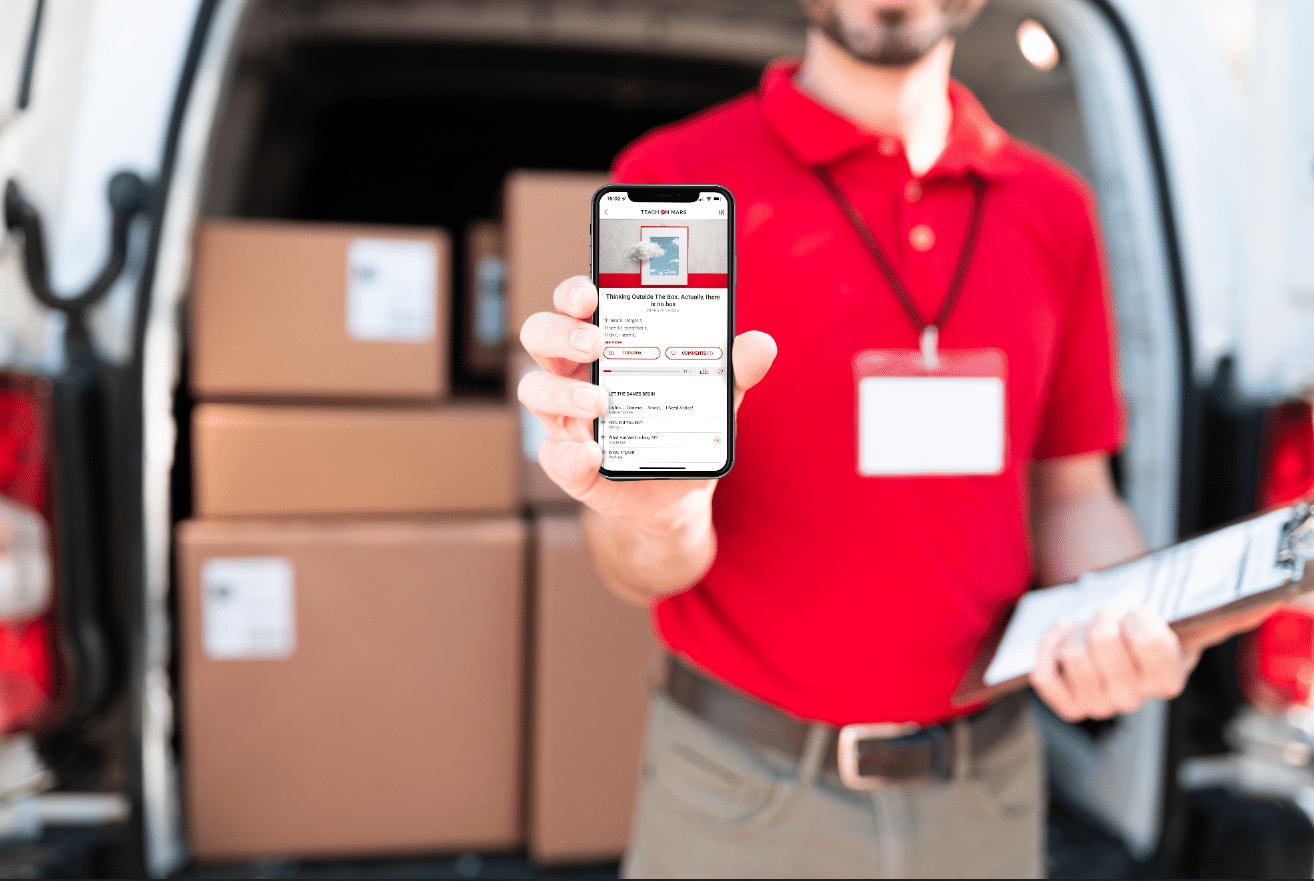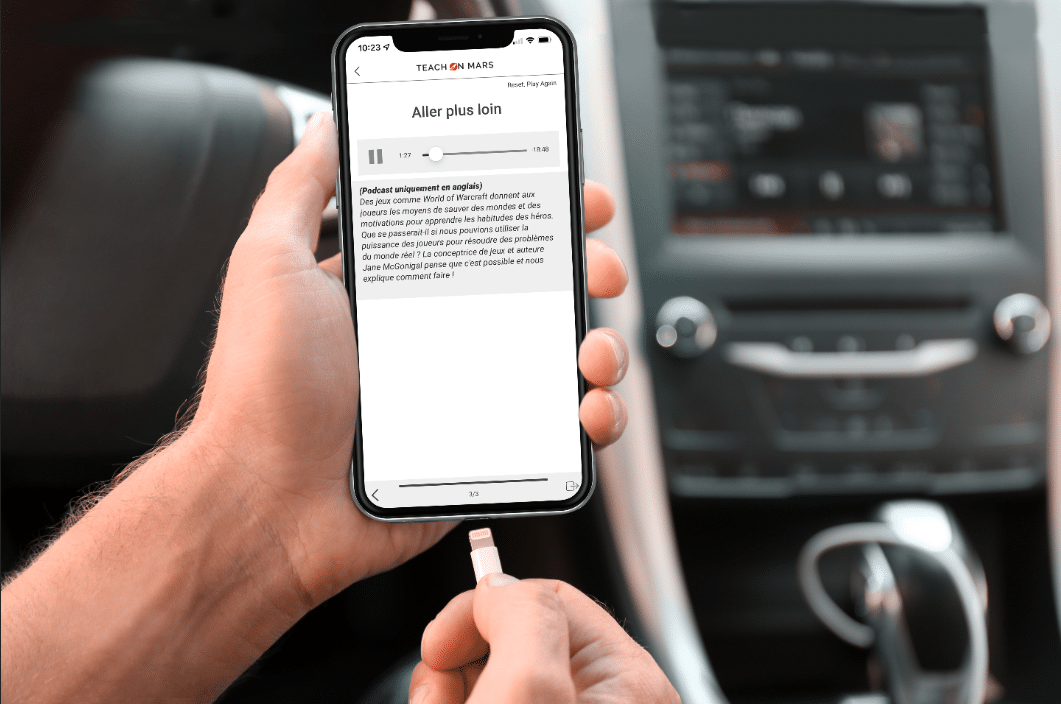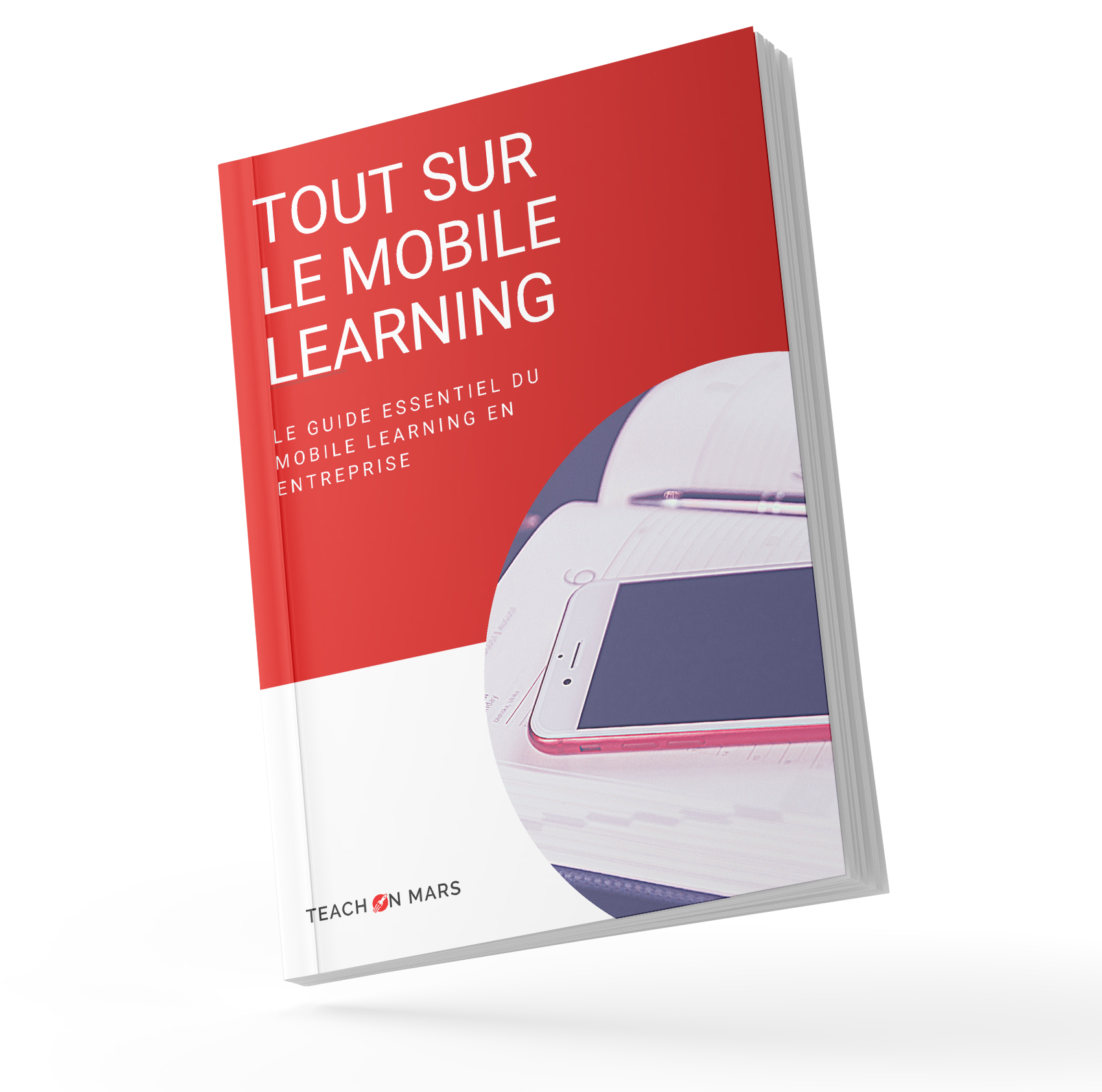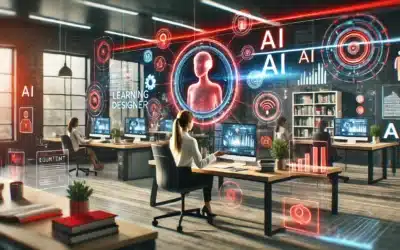In some lines of business, such as transport, logistics, construction, health and tourism, there are specific constraints when it comes to training. These issues are due to the fact that maintenance technicians, drivers, logisticians, surveyors, ambulance drivers, cabin crew and real estate agents are often on the move.
Drawing on its extensive experience, and thanks to its technology which promotes accessibility, Teach on Mars has identified the levers for making training projects successful in these specific circumstances. This article will provide you with all the keys for rolling out a training programme adapted to professionals working in these sectors.

Mobile Learning: the key to making training accessible to professionals on the move
The term ATAWADAC (Any Time, Any Where, Any Device, Any Content), takes on its full meaning here. Having access to training wherever, whenever and on any type of device, will finally able technicians to reconcile work with training.
The watchword for training professionals on the move is accessibility.
Accessibility any time
So called “field jobs” are penalised when it comes to in-class training because it leaves them unable to do their jobs throughout the entire session. Digital training therefore provides strong added value for these professionals. However, they need to be able to access the training and as not all of them have access to a computer, smartphones appear to be the most viable solution.
A mobile application offers professionals the possibility to train between meetings, on the move or directly in the field. They can use their training application during working time to be sure which procedure to follow or to check the different steps of a manoeuvre.
In environments with a weak or non-existent internet connection, such as in the air or maritime sector for example, the advantage of the mobile application is that you can access content off-line. Seafarers or crew members can therefore continue their training while travelling through white areas or when there is no connection whatsoever.

Microlearning formats adapted to the field
Microlearning is characterised by short, practical and impactful formats. Courses last on average 3 to 5 minutes and enable new kinds of training to be created. Microlearning is perfect when it comes to training professionals on the move.
The format, made up of a very short, top-down piece of content and an amusing activity, involve little investment to begin with for the agent or technician. Once the course has started, the various engagement drivers come into play (gamification, badges, rankings, customisation). Learners enjoy the experience and go, on average, a lot further with the training than in the case of traditional training content.
One of the major hindrances in the training process is the sheer number of platforms and resources out there. A platform which helps you to centralise all of the information is a veritable asset: training, news, regulatory modifications, etc. The content is then sorted by subject area and type to enable learners to quickly find the information they are looking for. A smart search bar is also a great tool for finding and accessing the most relevant content.
Podcasts, a rapidly-expanding format, perfectly illustrate people’s appetite for short formats, which are accessible and compatible with other tasks.
Thanks to podcasts, drivers, service people and technicians can train while on the road. The length of content can vary depending on the subject and this allows learners to make their choice based on the travel time. When they arrive at their destination, all employees have left to do is the skills validation quiz to enable better anchoring.

Fast and easy communication for the entire mobile population
Technical fields are often subject to changes in regulations and procedures and to address this issue, it is important for pedagogical teams to be able to update and effortlessly deploy content.
By sending regular communications, you can inform professionals about important issues in your sector. Thanks to push notifications, you can attract people’s attention more easily than by email and you can flag up regulatory or procedure changes. You can push tutorials and articles to ensure that mobile professionals always stay up to date.
Another clear advantage of the application is the social aspect! Apart from so-called “corporate “communications, professionals can interact with peers on subjects you wish to draw attention to. This is a real asset for people who may find themselves cut off due to the nature of their work.
Create a feeling of cohesion
Interaction with peers and other employees is sometimes limited in the jobs we are considering in this article. The chance to interact in a dedicated social environment, to share ideas, good practices and difficulties, enables you to re-establish contact and strengthen cohesion between professions.
With a mobile platform, users can celebrate events together by posting photos, videos and messages of support. For example, a service agent on-call at Christmas may feel less alone if they receive a communication.
These moments are a chance to promote a sense of belonging to a community. Making time and sharing investments can help build employee loyalty around the mobile application.

Technical professions in the spotlight
Finally, this is the perfect opportunity to promote “mobile” jobs by shedding light on these trades. By sharing interviews in the communication area, the “Wall”, you give employees an application in their image. They recognise themselves in the profiles and are sympathetic to their peers’ remarks, having experience of the job themselves.
Of course, this calls for active community management; it is important to regularly ask them questions, to dare to step outside the framework by proposing popular extra-professional content which garners reactions (for example, “You know you’re a service technician when…?”) as well as acknowledging their contributions.
All of these things can help create a common place in which they can find everything necessary to consolidate their sense of belonging and to develop skills, the two pillars of a fulfilling career within an organisation.

D’abord éditrice de manuels scolaires, professeure et coordinatrice pédagogique à l’Université, Julia a rejoint l’équipe Learning Experience chez Teach on Mars pour apporter ses compétences en pédagogie. La gamification et la différenciation pédagogique sont notamment ses chevaux de bataille.





